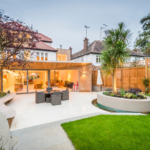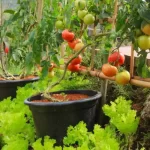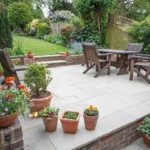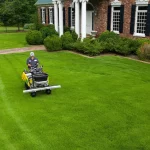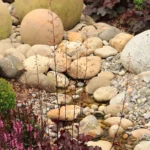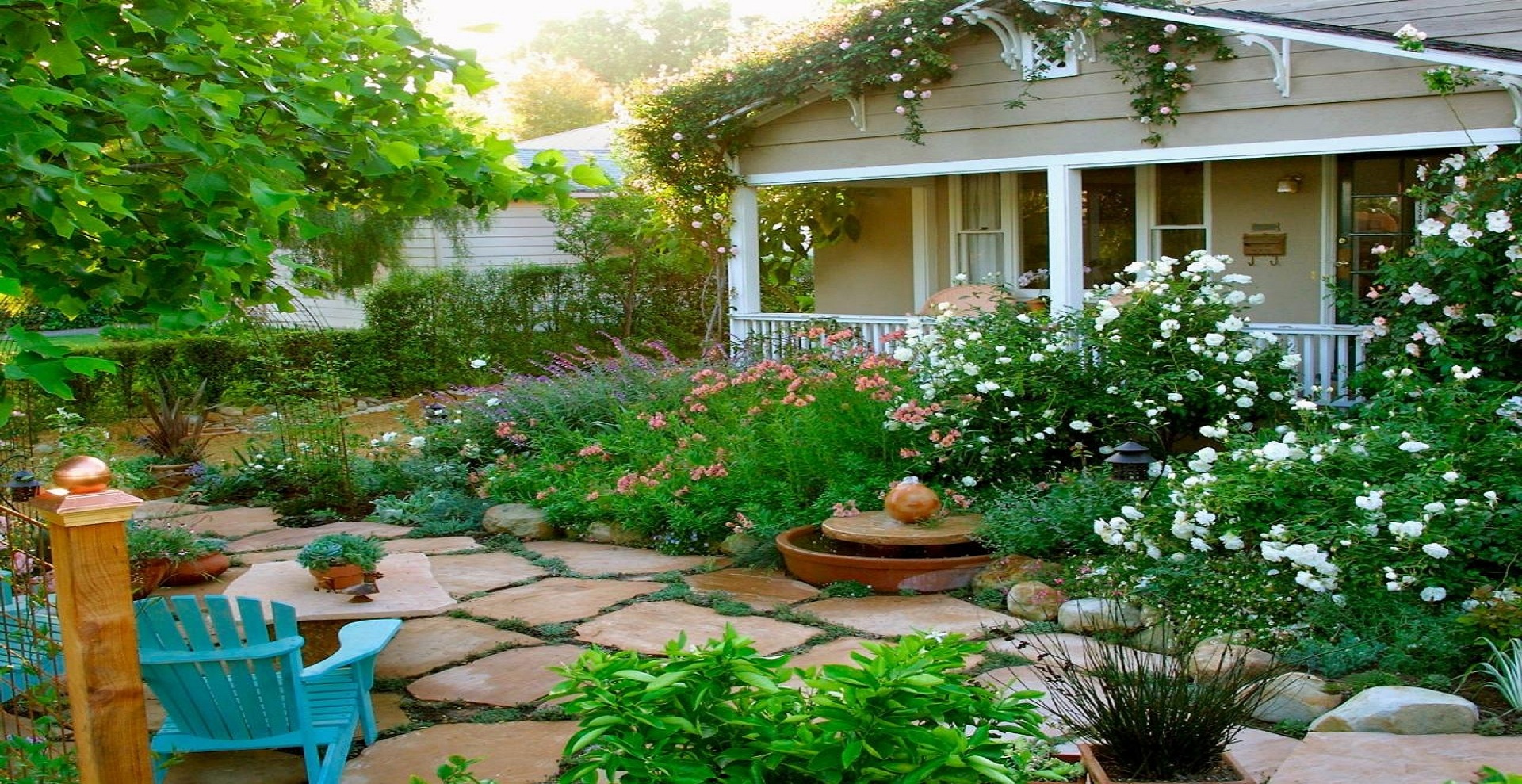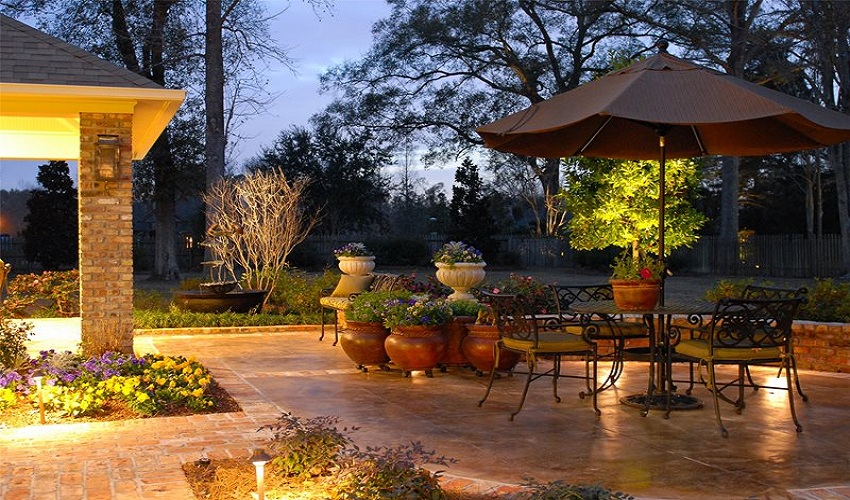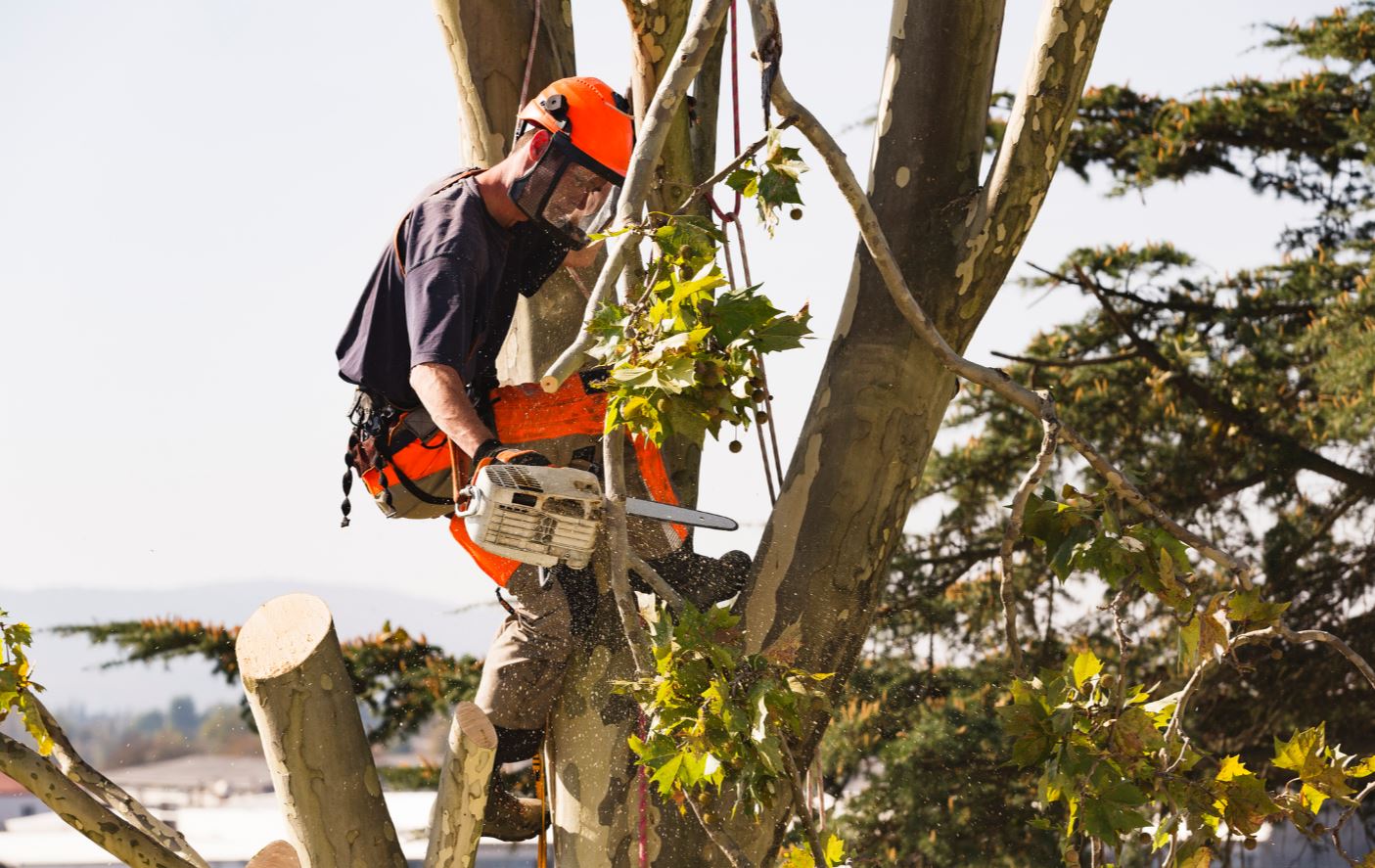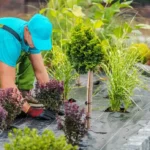Gardening is a healthy hobby because it not only keeps you busy, it also promotes ecosystem. Whether you’re looking to add more productive plants or want to improve your garden’s ambiance, there’re a few tips that will definitely help you improve your garden. Let’s see how it’s done;
Get started
If you don’t have enough space in your yard to start gardening, don’t worry as you can start off with a container of any size. When you actually start growing plants, you feel a sense of completion and this motivates you to step ahead. You can learn the basic rules of gardening by starting with little.
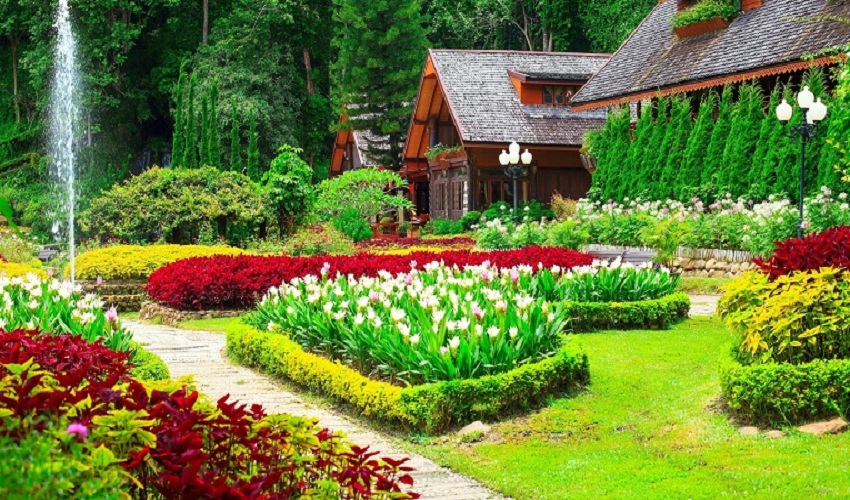
Work on your soil
You can’t grow healthy plants with unfertile soil. You need to work very dedicatedly to make it fertile and productive. You can get assistance from an expert or do your own research online. There’re loads of websites and blogs available online, which you go through to come up with the best strategy.
Location is always important
You need to find the right location for each plant you want to grow in your garden. Every plant is different, requiring a different approach to be implanted. You can also consider hiring a gardener to get the right advice.
Take good care of the irrigation system
Make sure you’re watering your plants the right way. You can experience a slow growth when your plants aren’t getting enough water. Like our human body, plants also need a decent amount of water to grow and flourish.
How you look at these gardening tips and tricks? Have something to add to this article? Please feel free and don’t hesitate to share your valuable suggestions with us in the comment section below. We always love hearing from our visitors.
Add Variety and Beauty to Your Garden
Once you’ve mastered the basics, think about how you can make your garden more attractive and diverse. Planting a mix of flowers, vegetables, and herbs not only adds beauty but also benefits the ecosystem. For instance, marigolds are natural pest repellents and look stunning among vegetables. Lavender attracts pollinators like bees and butterflies, which are essential for a healthy garden.
You can also experiment with vertical gardening if you have limited space. Hanging planters, wall-mounted pots, and trellises are excellent for growing climbing plants such as beans, peas, or ivy. Vertical gardens save space, improve air circulation, and make your garden look stylish.
Adding decorative elements like garden lights, stones, or wooden benches can further enhance the ambiance. A well-planned garden is not just functional—it becomes a relaxing retreat.
Sustainable Gardening Practices
Modern gardening isn’t just about growing plants; it’s also about protecting the environment. Using organic fertilizers instead of chemical ones helps keep the soil healthy and prevents water pollution. Composting kitchen waste is another great way to recycle and create natural fertilizer for your plants.
Rainwater harvesting systems can provide an eco-friendly source of water for irrigation. Planting native species also reduces the need for fertilizers and pesticides, as they are naturally adapted to the local climate.
By practicing sustainability, you not only maintain a thriving garden but also contribute to a healthier planet.
Common Mistakes to Avoid
Many beginners get discouraged because they unknowingly make mistakes. Some of the most common include:
-
Planting too many varieties at once without proper knowledge.
-
Ignoring soil preparation and relying only on fertilizers.
-
Overwatering or underwatering plants.
-
Planting in the wrong season.
-
Forgetting to prune or remove weeds regularly.
Avoiding these mistakes can save time, effort, and resources while ensuring a productive garden.
Conclusion
How you look at these gardening tips and tricks? Have something to add to this article? Please feel free and don’t hesitate to share your valuable suggestions with us in the comment section below. We always love hearing from our visitors.
Gardening is not just about planting seeds—it’s about creating a lifestyle of wellness, sustainability, and beauty. With the right soil, location, irrigation, and care, anyone can turn a small space into a flourishing garden. Whether you’re a beginner or an experienced gardener, the joy of watching plants grow will always bring fulfillment.
Frequently Asked Questions (FAQs) About Gardening
Why is gardening considered a healthy hobby?
Gardening is a healthy hobby because it reduces stress, improves mood, and keeps you physically active. It also connects you with nature, promotes sustainability, and can even provide fresh fruits, vegetables, and herbs for a healthier diet.
Can I start gardening if I don’t have a backyard?
Yes, absolutely! You can begin with container gardening using pots, hanging planters, or even small raised beds. Balcony, terrace, or indoor gardening are great alternatives for limited spaces.
How can I make my soil more fertile?
You can enrich soil by adding compost, organic manure, or natural mulch. Testing soil pH and adjusting it with lime or sulfur ensures that plants get the right nutrients. Healthy soil is the foundation of a thriving garden.
What is the best time of day to water plants?
The best time to water your plants is early in the morning or late in the evening. This reduces evaporation and ensures plants absorb water effectively. Avoid watering during peak sunlight, as it can stress plants.
What are the easiest plants for beginners to grow?
Herbs like basil, mint, and parsley, as well as vegetables like lettuce, tomatoes, and radishes, are beginner-friendly. For flowers, marigolds and sunflowers are low-maintenance and rewarding.
How can I protect my plants from pests naturally?
You can use natural methods like planting marigolds, using neem oil sprays, or encouraging beneficial insects like ladybugs. Companion planting is also an effective way to reduce pests without chemicals.
What are the most common gardening mistakes to avoid?
Overwatering, planting in the wrong location, neglecting soil preparation, and overcrowding plants are common mistakes. Regular care, research, and observation help avoid these issues.
How can I make my garden more eco-friendly?
Use organic fertilizers, recycle kitchen waste into compost, harvest rainwater for irrigation, and choose native plants that thrive naturally in your region. Sustainable gardening reduces waste and protects the ecosystem.

Elena Mohr is a dedicated home blogger who has been blogging for over six years. She covers everything home related. Elena also loves writing posts about her travels to Europe with her husband and two children.

